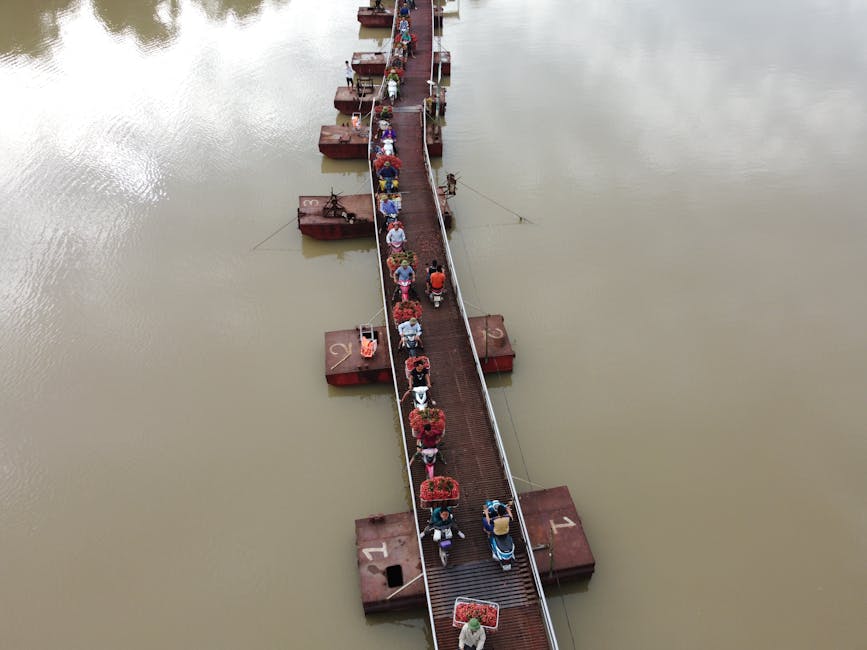In the world of global finance, countries are constantly vying for a spot on the main stage. For years, Vietnam has been a top performer in the “Frontier Market” category, but it now stands on the cusp of a major promotion: an upgrade to “Emerging Market” status.
This isn’t just a technical reclassification; it’s a landmark event that signals Vietnam’s arrival as a serious player in the global economy. So, what does this upgrade mean, and why is everyone from Hanoi to Wall Street paying close attention?
From Frontier to Emerging: What Does It Mean?
Think of market classifications like a promotion ladder. Global index providers like MSCI and FTSE Russell categorize countries to help guide investors.
- Frontier Markets are developing economies with investable stock markets, but they are smaller, less liquid, and less accessible to foreign investors.
- Emerging Markets (like India, China, and Brazil) are more advanced. Their stock markets have significant scale, good liquidity (ease of buying and selling), and are more open to international capital.
- Developed Markets (like the US and Japan) are at the top, representing the most mature and stable economies.
For Vietnam, currently the largest component of the MSCI Frontier Markets Index, graduating to Emerging Market status would be a game-changer, validating its economic progress and unlocking new opportunities.
What’s Driving Vietnam’s Potential Upgrade?
Vietnam’s journey has been fueled by a powerful combination of strategic advantages and sound policymaking.
- The ‘China+1’ Strategy Beneficiary: As global corporations diversify supply chains away from a sole reliance on China, Vietnam has become the prime destination. Giants like Samsung and Apple supplier Foxconn have invested billions, transforming the nation into a manufacturing powerhouse for electronics, textiles, and more.
- Stable Governance and Economic Reforms: A stable political climate and a government committed to economic liberalization have created a pro-investment environment. Vietnam has actively worked on privatizing state-owned enterprises and strengthening its banking and financial systems.
- Favorable Demographics: Vietnam boasts a young, dynamic, and increasingly educated population of nearly 100 million people. This creates a powerful domestic consumer market and a productive workforce, fueling a virtuous cycle of sustainable growth.
The Final Hurdles: What’s Holding Vietnam Back?
While the case for an upgrade is strong, Vietnam isn’t in the club just yet. Index providers have highlighted a few key obstacles that need to be resolved:
- Foreign Ownership Limits (FOLs): Strict caps on how much foreign investors can own in certain key sectors remain a concern.
- Currency Convertibility: Issues related to the free conversion of the Vietnamese Dong (VND) for international investors need to be streamlined.
- Pre-funding Requirements: A cumbersome rule requires foreign investors to have funds available in their accounts before a trade can be executed, which is out of sync with most major markets.
The Vietnamese government is acutely aware of these hurdles and is reportedly fast-tracking reforms to clear the path, with many analysts eyeing a potential upgrade by 2025.
Why the Upgrade Matters: A Potential Flood of Capital
The moment Vietnam gets the green light from MSCI or FTSE Russell, the impact will be immense. Billions of dollars managed by passive investment funds and Exchange-Traded Funds (ETFs) that track Emerging Market indices would be required to flow into the Ho Chi Minh Stock Exchange.
This wave of foreign capital would:
* Dramatically increase market liquidity.
* Lower the cost of capital for Vietnamese companies.
* Boost overall investor confidence in the economy.
For the rest of the world, a stronger, more integrated Vietnamese economy means both a formidable competitor for foreign investment and a massive new market for goods and services. The question is no longer if Vietnam will become an Emerging Market, but when. Its promotion will be a testament to decades of reform and a powerful signal of Asia’s enduring economic dynamism.




